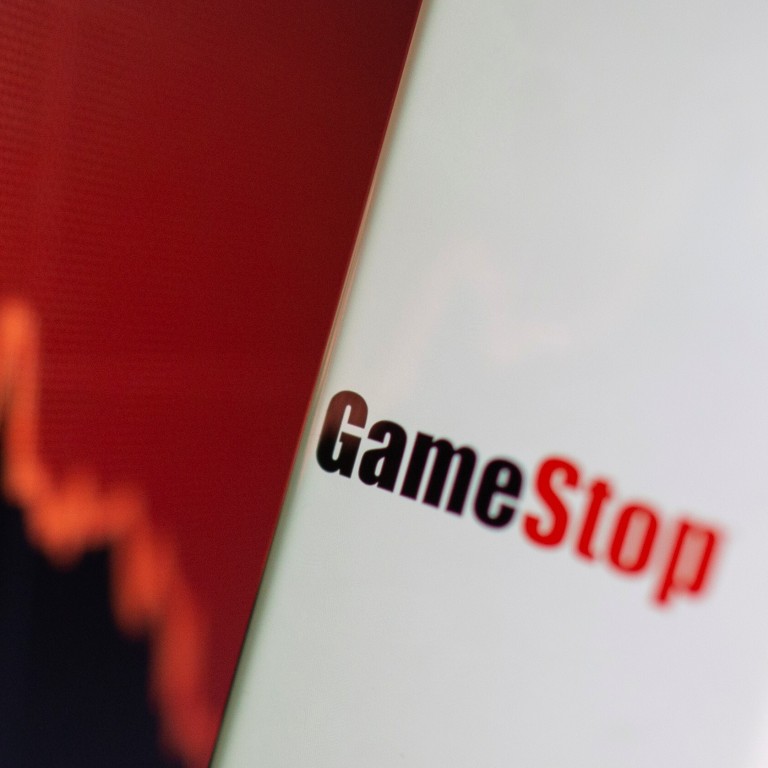
WallStreetBets and GameStop saga reveals the cultural power of social media
- The self-reinforcing nature of discussions within Reddit groups and other platforms leads users to eventually tune out dissident opinions and throw their weight behind conformist ones in search of acceptance from their online community
As a long-time member of this group, I can say with some certainty that the development of mass retail investor interest in GameStop is a cultural story, rather than a financial one, about the power of social media. (Full disclosure: I have not purchased any GameStop shares).
The first chapter of the GameStop saga began in late 2019. During this time, due diligence posts began to trickle in, offering arguments about why GameStop – an old-school, bricks-and-mortar retail outlet for video games – was undervalued.
Posts by one particular user, now known to be Keith Gill, stood out when he backed his idea with proof of a sizeable purchase of GameStop shares. More than the due diligence, it was his “GME YOLO update (You Only Live Once)” – taken to mean an investment using a large proportion of one’s life savings – that really drew interest.
However, members continued to look elsewhere for investments too and the stock price continued its five-year decline to around US$3 to US$5.

03:04
Sony PlayStation 5 goes on sale in Hong Kong, but most gamers need to pay double to get one
Users who had put their life savings on Tesla and Nio posted photos of their gains, ranging from four to seven figures. This practice snowballed for weeks, each post earning more upvotes than the previous one.
Users were encouraged to roll their gains from Tesla and Nio into GameStop, predicted to be the next hottest stock. Biased towards the risky investment style that had dominated WallStreetBets and emboldened by its successes, users piled into GameStop. The stock price rose to the US$13 to US$16 range.
Hedge funds appeared to notice and responded in kind. Not long after, short interest in GameStop exceeded 100 per cent. It was unprecedented – hedge funds were collectively shorting more shares of the stock than were actually in the float.
The third and final chapter unfolded from December 2020 to January 2021. The stock price had already risen to around US$20 as news of the battle spread. As headlines blared, WallStreetBets was flooded with new members, up from 2 million to more than 8.5 million.
The battle took place in the last two weeks of January. GameStop rose from US$35 to US$60, then hit a high of US$483 before ricocheting up and down while trading platform restrictions prevented users from buying the stock.
Even as the stock now languishes around US$50, members continue to remind each other in WallStreetBets to “hold the line” and refuse to sell. Each post garners tens of thousands of upvotes.
One theory might explain what caused the whole saga in the first place: German political scientist Elisabeth Noelle-Neumann’s “spiral of silence” theory, which posits that members of a group naturally desire to fit in.
In such a group, members whose opinions gain traction get louder, while those whose opinions do not become quieter. Both tendencies proliferate over time, until the entire group becomes consumed by a few ideas with the backing of a largely conformist membership.
Anson Au is a PhD candidate in sociology at the University of Toronto

